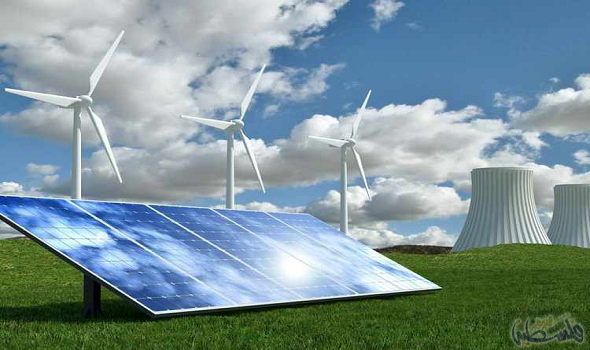Facebook

Forbes asks what is waiting for the energy sector in Egypt that is under pressure to reduce carbon emissions and create a different future for existing hydrocarbon-based companies? She says that the oil sector does not die but must change, and for the Minister of Petroleum and Mineral Energy, Tariq Al-Mulla, the main goal is to bring the sector in line with the 2030 vision for the sustainable development of the country's economy, society and environment. Al Mulla said that the ministry is focusing on gas in the near future and is working simultaneously to meet 40% of the energy needs through solar and wind energy in 2030. Besides meeting domestic demand, the minister’s vision is to make Egypt a clean energy hub in the region, and the American magazine said that, thanks to the tremendous efforts that the minister has taken since he took office in 2015, the chances of achieving this long-term goal are high. Forbes said that the strategy of sustainable economic reform and the discovery of the Zohr field in the Mediterranean are among the reasons for the expectations of Standard Chartered Bank that Egypt will be one of the largest economies in the world in ten years, and occupies the seventh place, surpassing Russia, Japan and Germany. Al-Mulla’s first steps were to reach partners, sellers and suppliers, and he said that during periods of turmoil it is easy for investors and multinationals to finish their business and leave, and he made clear that keeping them involved in the state is necessary so they should feel confident that their investments are protected and that the government is a stable and reliable partner. Forbes says that the next steps were more difficult, because creating a regional energy center requires enormous changes, so the ministry developed a comprehensive modernization strategy that addresses areas such as production efficiency, refining, distribution and company resource planning, but the key reform area was human resource development. The Ministry is a divided organization consisting of various holding companies, joint ventures, public bodies and investment groups, and includes 249,000 people, but they are not related to each other. The minister said that the last institutional change was 20 years ago, so the ministry’s message must be communicated to the change, and people must be linked to this vision, so there is a need for the right people to do that. It required bringing all of the above together into one system, one budget, and the most important one team. Mullah knew from previous experiences that people feel threatened by the new systems, and they only accept change once they realize that the new system will help them work more efficiently and save them time to perform tasks. Then Al-Mulla and his team identified competency points and announced internal jobs for those with expertise in areas such as finance and administration, and they chose 700 people from 3000 applicants, then they chose among them more than 400 ambitious and motivated, and these were sent abroad for training and they were given middle management jobs upon their return to accelerate the path of the ministry Towards the future. "We now have the most diverse, dynamic and highly qualified team that will take us to the next stage," Al-Mulla said. Now Mulla has the right team to focus on the modernization process that requires the right technology, and the SABB programs were his first choice not only because he was familiar with them since his days at Chevron, but because he believed it was the right solution to make the national sector work more efficiently and less Possible losses